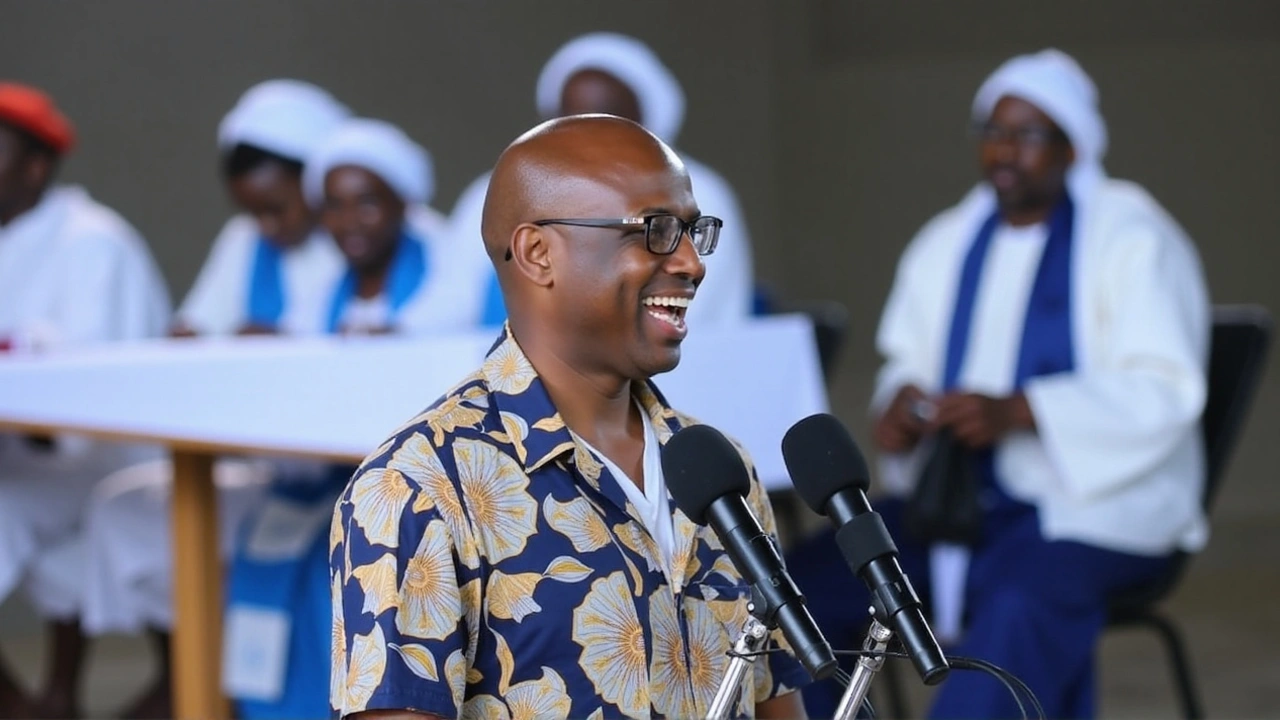Police custody: your rights and quick steps to stay safe
Getting stopped or taken into police custody is stressful. Knowing a few clear steps can protect your rights and keep you safer. This guide gives practical, no-nonsense advice you can use right away — whether you’re in South Africa or elsewhere on the continent.
What to do the moment you're detained
First, stay calm and don’t run. Ask calmly: “Am I under arrest?” If the answer is yes, ask what the charge is. If you are not under arrest, you can usually walk away. If you are under arrest, don’t resist — resisting raises risks of injury or extra charges.
Use your words: give your name and address but avoid long statements about the incident. Say clearly you want a lawyer before answering questions. Repeating “I want a lawyer” is simple and effective. Ask for a phone call to notify a family member or friend so someone knows where you are.
Try to note the time you were taken to the station, the name or badge numbers of officers, and the exact place you were held. If you can, write these down as soon as you’re able. If you sustain any injury, ask for medical help immediately and ask for a medical report — that record is important later.
Practical rights and follow-up steps
In many countries police can detain you for a short time without formal charges, often 24–48 hours, but rules differ. Always ask when you will be charged or brought before a magistrate. If the authorities refuse to allow a lawyer or phone call, tell your lawyer or family this as soon as you can — it matters for any complaint later.
If you’re a foreigner, ask to contact your embassy or consulate right away. For everyone, try to get a record of detention or a receipt showing times in and out. Don’t sign documents you don’t understand. If something is written in a language you don’t speak, ask for translation or legal help first.
After release, take photos of injuries and get a medical report. If you were mistreated, record everything: names, times, what happened, witnesses. Contact a lawyer or legal aid group as soon as possible. In South Africa, for example, watchdogs like IPID handle complaints against police; each country usually has a police oversight body or human rights groups who can help.
Need proof the system is strained? Our reporting shows how police gaps push citizens toward private security — read our piece “South Africa's SAPS Lapses Force R11.8 Billion Shift to Private Security Every Year” for context on how policing issues affect everyday safety.
Finally, keep contacts ready: a trusted lawyer, a family emergency contact, and a local human rights or legal-aid group. A short list on your phone or a paper note in your wallet can make a big difference when time is tight.
If you want more local tips or resources, tell us your country and we’ll point you to relevant organisations and how custody rules apply where you live.

Controversial Arrest: Businessman Jimi Wanjigi Held Overnight Despite Court Orders
Keabetswe Monyake Aug 20 9Prominent businessman Jimi Wanjigi is facing a controversial overnight detention following an arrest linked to a vehicle containing teargas and electronic components. Despite court orders barring his detention, police have proceeded, raising significant legal and civil rights concerns.
More Detail